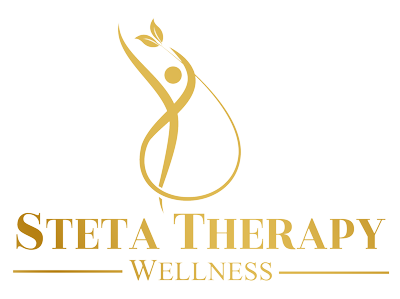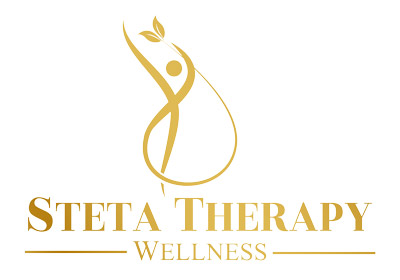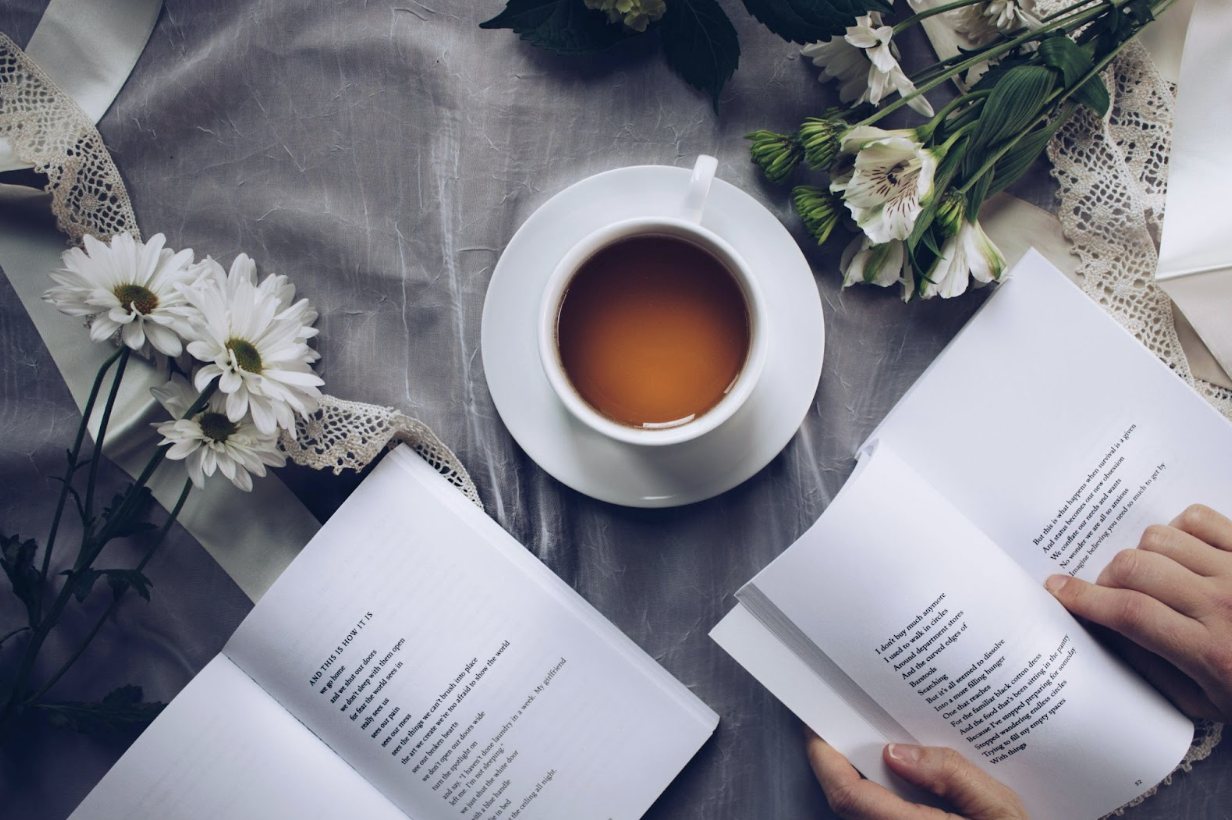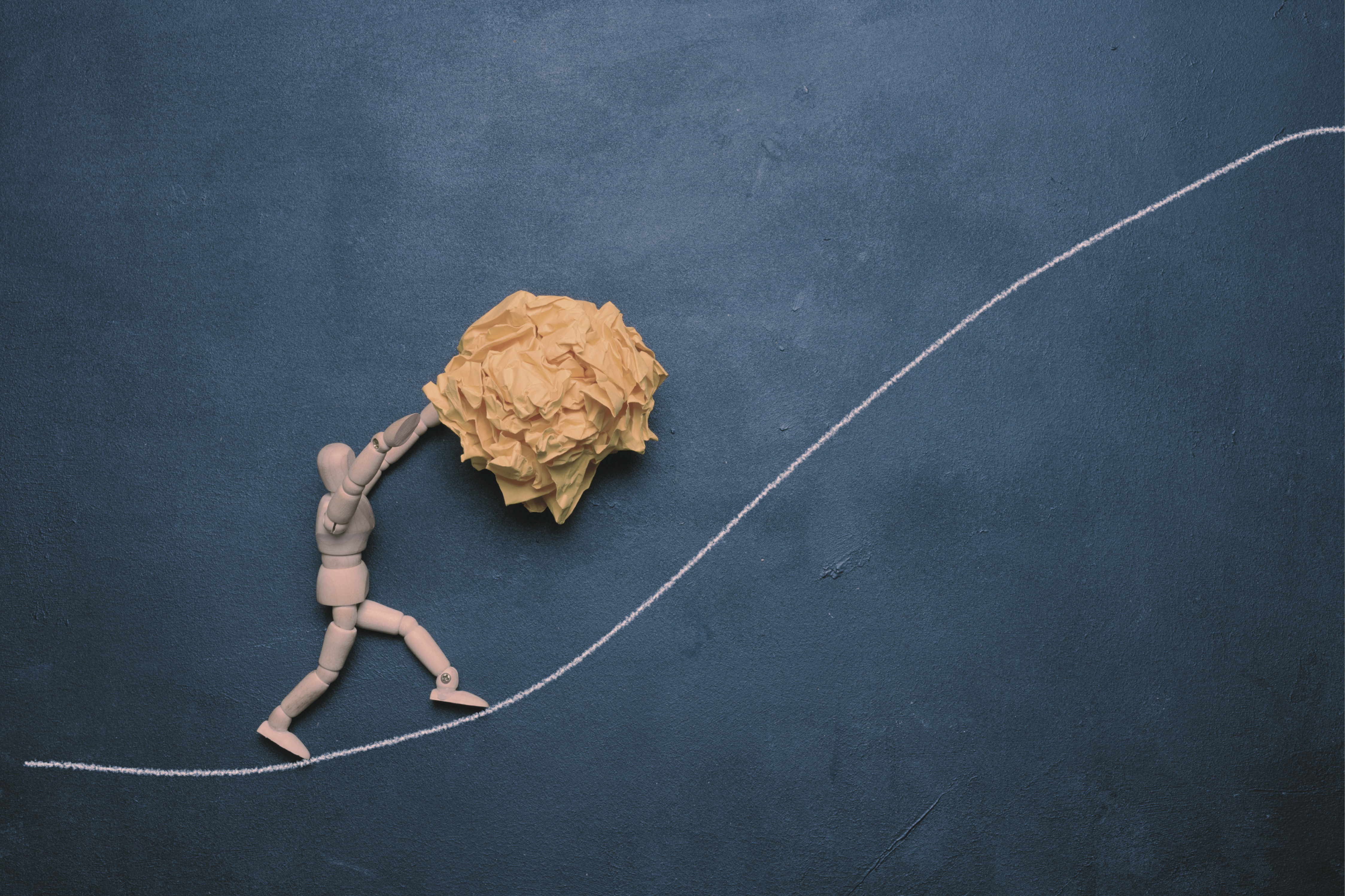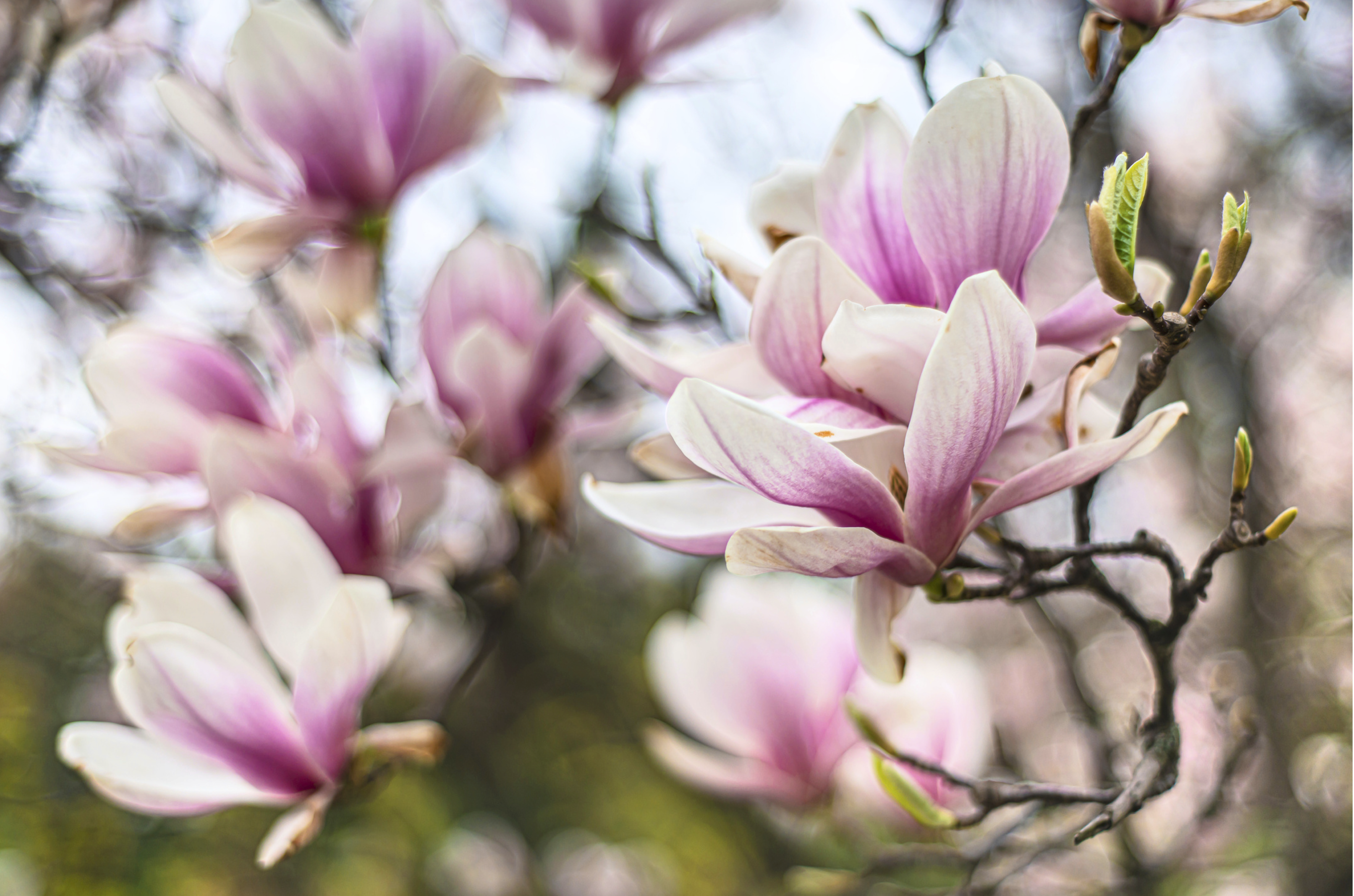Invisible Battles: Finding Resilience Through Chronic Health Challenges and Medical Needs
Living with chronic health challenges and medical diagnoses (note: I intentionally choose not to use "illness" here) can often feel like an invisible battle — a struggle fought silently, yet deeply felt. Emotional experiences such as confusion, overwhelm, anger, determination, grit, and hope weave into the daily lives of individuals facing these challenges. Despite the hidden nature of these experiences, the impacts are profound, influencing not only those living with chronic conditions but also their caregivers and healthcare professionals. It’s time we bridge the gap between struggle, support, and advocacy. The Unseen Struggles of Chronic Health Conditions Chronic health conditions often don’t show...
